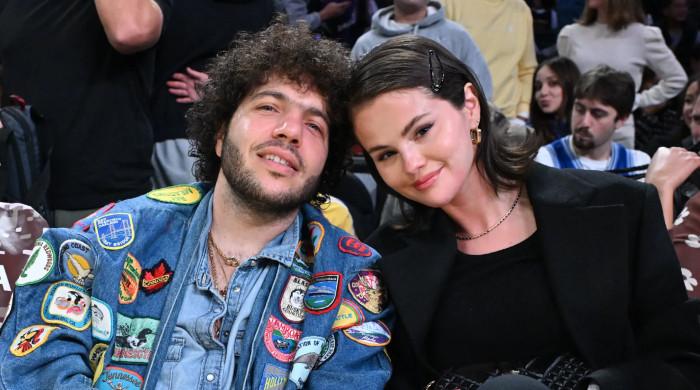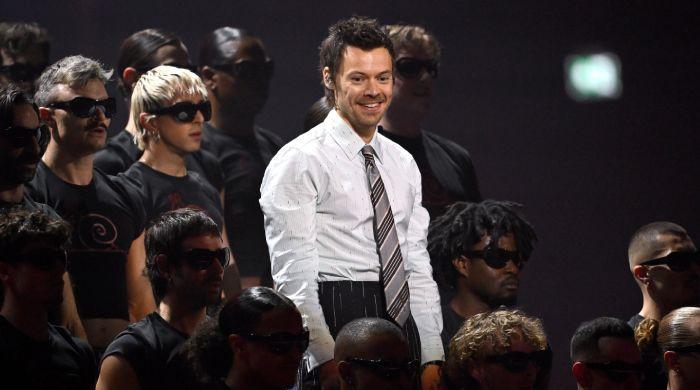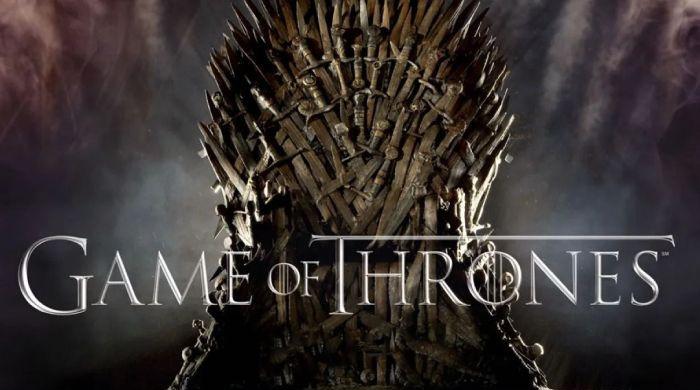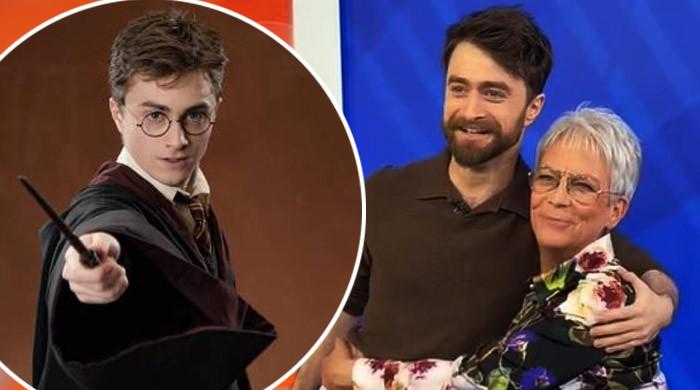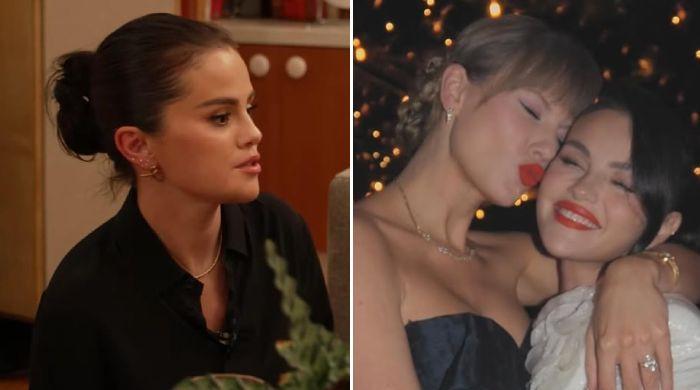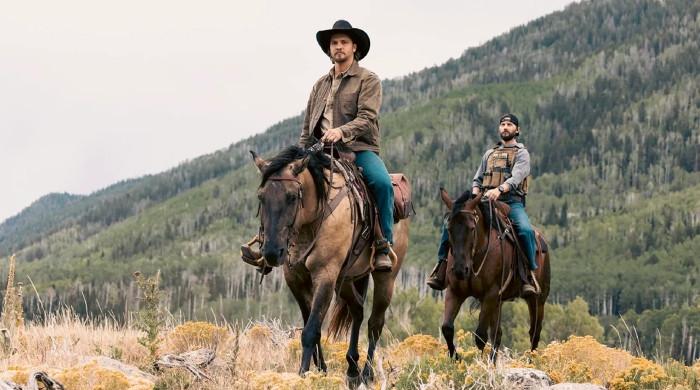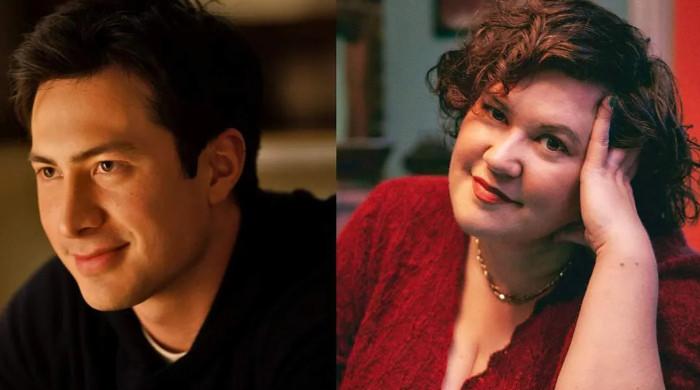Westworld: When cyborgs rebel to untangle from spacetime
Is it moral to create lifelike robots, kill them, wipe out their memories as if the pain they felt when stabbed or shot at, the butterflies they felt when in love amounted to nothing?
January 08, 2017
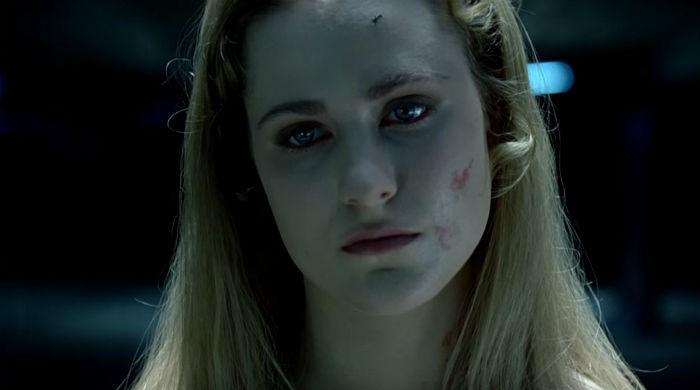
What happens if the human race successfully manufactures beings made entirely of advanced circuity, possessing exceptional processing powers and who look exactly like humans? Torture and kill them for fun. Or maybe have them kill you in a carnage.
Enter Westworld: the TV series version of the 1973 film, revolving around a theme park populated by androids--cowboys, bandits, pretty women, you name it. Humans, looking for an escape from their mundane life, can pay to live among hosts, as the robots are called, participate in random shootouts or find bandits with head money on them.
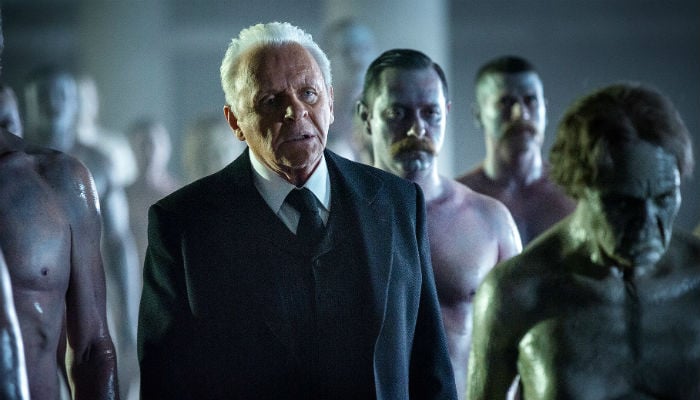
Ford with his creations Photo: HBO
A joint brainchild of Dr Robert Ford (Anthony Hopkins) and his partner Arnold, the futurist park houses robots pre-programmed with a narrative, a back story to go on with their daily lives. They are only marginally allowed to gravitate away from their programmed narratives. Like us, human beings. Who follow their narrative, stick to the rules and then die. Only few daring to break free from the narrative, brave enough to unlearn the programming.
Luckily the hosts don’t have consciousness; not yet. If they die in a shootout, they are brought back to the operations area to be ‘fixed’ by the humans and sent back with no memory of their ‘previous life’. The area is cleaned up. The humanoids are not supposed to remember anything.

Be prepared to see random, bloody shootouts Photo: HBO
Except some of them do, thanks to a bug in the latest update for the robots. It prevents the memory from being totally wiped out so that in their ‘next life’, the androids start having flashbacks. And that’s when the seeds of the cyborg rebellion are sowed. Cyborgs wanting to know what lies beyond the known world. Wanting to break through the man-made space-time continuum.
We see plastic-perfect Dolores (Evan Rachel Wood) who starts her mornings reaffirming her belief that her “world” is a beautiful place. “Some people choose to see the ugliness in this world, the disarray. I choose to see the beauty."
Before long she's hearing voices. Flashbacks of the places she's been to. Scenes of a bloody shootout. "These violent delights have violent ends," she whispers to Meave (Thandie Newton). And the bug becomes contagious. Rebellion is to ensue.

Maeve remembers being 'fixed' by the men in white. Photo: HBO
We see hosts being killed, fixed and reassigned sometimes to play another character, the narrative being played over and over again. Until you lose sense of what event precedes what. "Where are we? When are we?" Dolores asks. Time seems to be repeating itself, like in the film Memento.
When you're not seeing android-bandits being shot point-blank by human guests, you catch a glimpse of the other world, the real world. There’s typical corporate politics in the organisation managing the park, juniors not sure whether to be hush-hush about the sudden surge of glitches in hosts, the management having some secret interests unbeknownst to the others.
Robert Ford has that sinister air that those films mostly show computer geniuses as having. Seems he’s always up to something, scheming something. He doesn't seem as concerned as others by the hosts' apparent ability to 'remember' things. That they've been hearing voices and talking to someone--to Arnold. But how can they? Arnold died long ago in the park. His desire to develop lifelike robots with consciousness consumed his own life.
Ford reminds his new senior partner Bernard (Jeffrey Wright) that the hosts are not real. Ford knows what he has created. He sees a host covered with a piece of sheet by a programmer testing it once. They don't feel cold or ashamed, Ford reminds the programmer and takes the sheet off.

That's all folks, Ford tells the greedy shareholders. Photo: HBO
The show starts off with apparently disparate sub-plots, which eventually merge into one. You can't expect a linear storyline from Jonathan Nolan, can you? Random shootouts among bandits may seem tedious and unnecessary at the beginning but it all ties up at the end of the season. There are some unanswered questions of course, but we'll have to wait for the second season for that.
Westworld predicts the unsurprisingly sadistic nature of humans if and when they succeed in manufacturing such electronic beings. Be prepared to face an ethical dilemma, asking yourself whether it is in line with our moral values to create these lifelike robots, kill or reprogram them, wipe out their memories as if the pain they felt when stabbed or shot at, the butterflies they felt when in love amounted to nothing. The memories they made in the hundreds of lives they lived will just be wiped out and they will be stocked in a warehouse when they’ve served their time. Nothing matters in the real world either, in the grander scheme of things, you might think having been overwhelmed. And so you ask: is our world also simply a simulation?
The writer works at Geo. She tweets @Sindhu_Abasi




